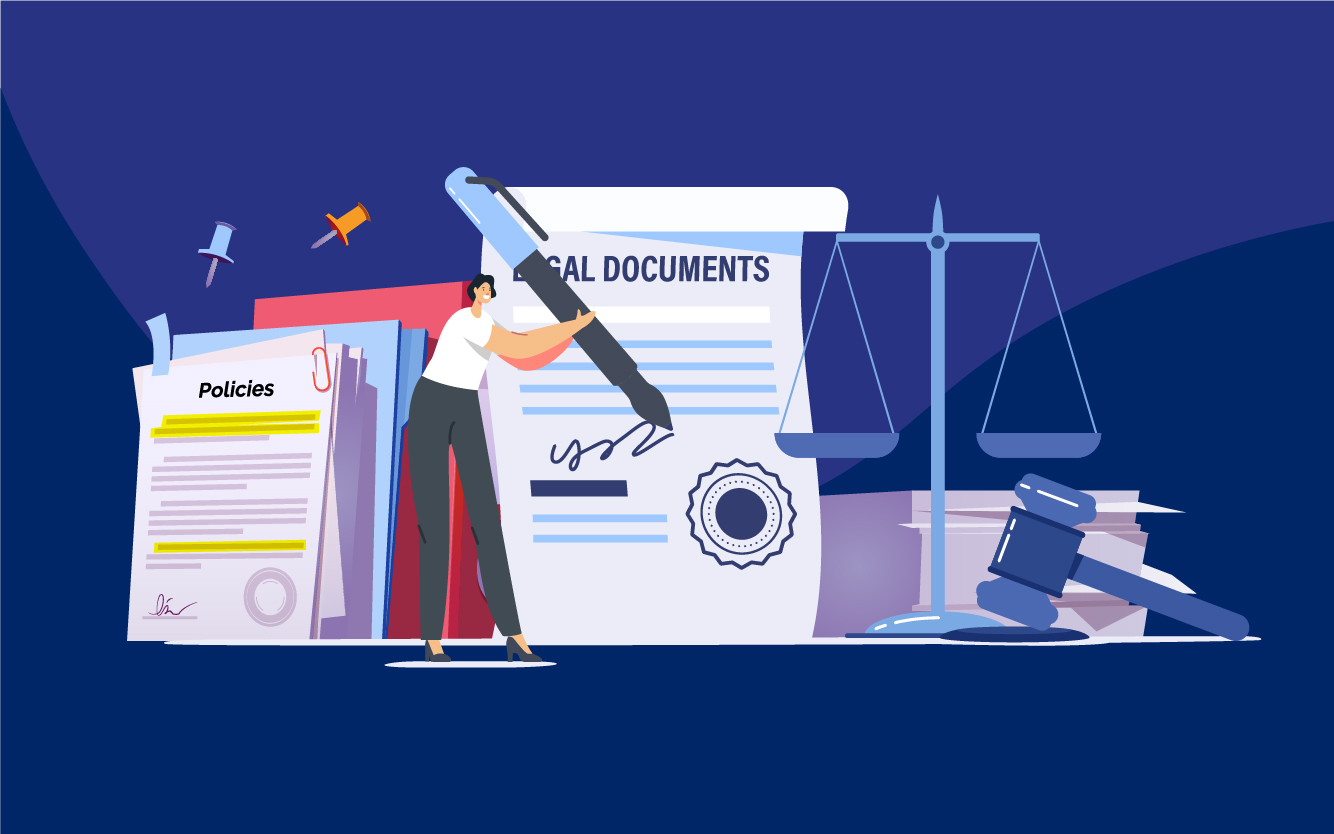
Thinking about changing your career /job can be a daunting experience. Before you make any major decisions about your career, you need to ask yourself what type of position you would like to secure. Think about what you like and dislike about your current role. Also take into account your current skills and whether they need to be updated.
If you are satisfied at your current workplace but dissatisfied with the work you do, speak to your current employer if it would be possible to move into another role or department within the existing company. By doing this, you can keep the things you like about your existing company like the environment or relationship with your current colleagues or customers but you also get a new role.
If you decide to leave your current employer and explore any opportunities that you may have in the existing job market, it may be difficult to know where to begin. We at Ultimate HR through our talent specialists will be happy to provide as much help with the whole recruitment process and we have put together some helpful tips that will provide guidance on cover letters, CV’s and interview techniques.
WRITING A CV / RESUME
If you are looking for a job, then it is very important that you understand how to offer yourself in the best way to an employer.
WHAT TO INCLUDE?
Career Objective
This is a two or three sentence overview of your skills, qualities, hopes, and plans. It should encourage the employer to read the rest. It is best to add a passport sized photograph of yourself- either scanned in by computer, or stuck on. But make sure it is a professional one.
Personal details
Name, home address, mobile number, email address, date of birth, Nationality, Driving License (UAE, International or GCC), Visa Status and visa expiry. If your name does not obviously show you are a male or female, include this!
Education
Give places of education where you have studied – most recent education first. Include subject options taken in each year of your course. Include any special project, thesis, or dissertation work. Pre-college courses (high school, etc.) should then be included, including grades if they are good.
Work experience
List your most recent experience first with dates of joining and leaving. Give the name of your employer, job title. It is very important to include what your responsibilities included and what you achieved in that job. Part-time work should be included.
Interests
Some employers will be particularly interested in activities where you have practiced leadership or responsibility, or which involve you in relating to others in a team. A one-person interest, such as interior designing, may be of less interest to them, unless it connects with the work you wish to do. Give only enough detail to explain. (If you were captain of a cricket team, they do not want to know the exact date you started, how many games you played, and how many wins you had! They will ask at the interview, if they are interested.). If you have published any articles, jointly or by yourself, give details. If you have been involved in any type of volunteer work, do give details.
Skills
Ability in other languages, MS Office skills, etc should be included.
References
Usually give two names – one from your place of study, and one from any work situation you have had, preferably from your last employer. Or if this does not apply, then give a reference of an older family friend who has known you for some time. Make sure that referees are willing to give you a reference. Give their day and evening phone numbers if possible.
Length
The usual western norm of having a one A4 page size CV does not apply in the UAE. Most CVs are two to three pages. Your CV should include your passport size picture with your nationality, sex, languages spoken, age and visa status with expiry dates.
Covering letter
When sending in a CV or job application form, you should include a covering letter. The purpose of the letter is to: – Ensure that your CV lands on the right desk. – Persuade the person to read your CV. So it must be relevant to the company, interesting, and well produced. – Highlight one or two key points in the CV, which you feel make you suited to the particular job you have applied for. – GET AN INTERVIEW
Start your letter with a highlighted heading giving the job title you are interested in. (If you saw the job advertised, say where you saw it.)
IF YOU GET INVITED FOR AN INTERVIEW, YOU ARE HALFWAY THERE!
GOOD LUCK.